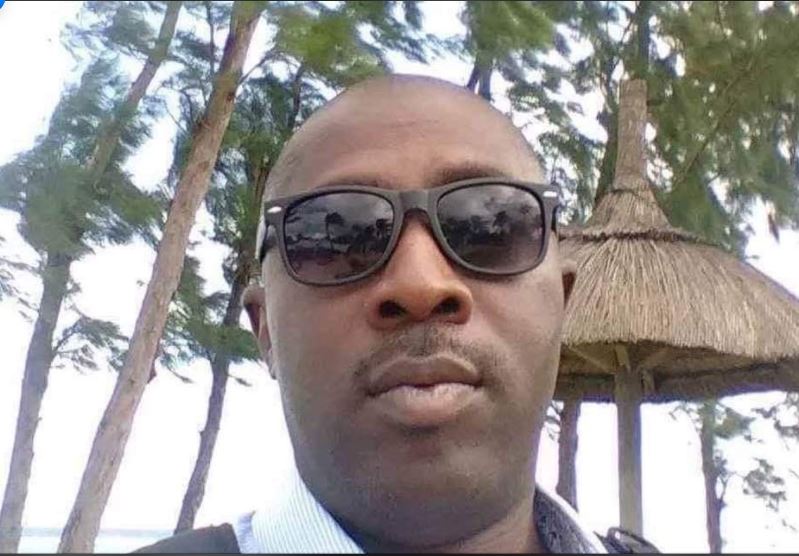By BAMIDELE JOHNSON

Around 1996, Sogunro Estate in Ogba was our newsroom annex. AM News, PM News, TEMPO and The NEWS staff all drifted there like moths to a bulb. Sogunro had everything we needed. We had food priced like it was subsidised by angels, beer sold at spectacularly lowbrow joints and a raft of rustic, nubile girls (sucklings, I called them) who could make a mendicant feel like a big man.
We were more often broke than buoyant. Our cuisine was fixed: bread and beans. Asking for rice was an overreach. Bread and beans, often with one distressed ponmo at Iya Bunmi’s shack, had a sturdiness in our heads that rice could never muster. Rice digested quickly. Bread and beans lasted like the Great Wall of China.
But even that humble combo was not always within reach. And this is where Opeyemi Omotayo, gone 25 years today aged just 33, entered like a guardian angel in faded jeans. Ope was a Sogunro big boy, not financially, but in social capital. He used that capital on friends.
He took us to Sogunro often, carrying nothing but his industrial-strength goodwill. Iya Bunmi knew the score each time we arrived. Her daughter, whom a guy in our library started dating (probably for strategic or food security reasons) would serve us. When we finished eating, Ope would simply wave and say, “Let us go.” Food on credit. That was it. That was just Ope being Ope.
Sometimes, Tunji Coker showed up with a loaf of bread big enough to qualify as real estate. Four or five of us would descend on it, leaving only the beans to be financed. Cost-cutting at its finest.
Evenings meant drinks. Sometimes bought with nothing but the promise that Ope would settle later. And he did. Always.
Let me fast-forward before I start writing things that should stay locked in the Sogunro Archives.
At Akowonjo, where Ope lived with Afo Gambari, Bolaji Adepegba and, for a stretch, Duro Okinbaloye, I became part of the furniture. A street junction off Caterpillar Bus Stop had our dinner department. Fried plantain, yam and sweet potato. Ope supplied often. So did Afolabi who, at that time, seemed the most affluent of us. We avoided suya, a luxury good and the culinary equivalent of an iPhone.
But when the suya craving hit, we waited till late night, banking on the suya man’s desire to sell all his wares. The plan usually worked. We bought the leftovers, which we called “unsold” like back issues of newspapers, at prices that made sense to our wallets.
Around that time, I found myself in a mess, details redacted like a CIA file, and Ope came through again. He dropped N2,500, an amount that felt like a down payment on a house to me then, to get me out of trouble.
I can still see myself walking away from your fresh grave in Ilorin. Every few steps, I turned back, half-believing you might rise and call out to us. Instead, there was only the quiet, heavy air of finality. It was a moment that cut through every one of us who stood there.
But nothing prepared me for Agbo Oba.
Stepping into your parents’ home that day felt like stepping into darkness. Your father tried to hold his grief, but it was your mother that shattered us. Her sorrow filled the room in a way no words could soften. Watching her mourn you was like taking a spear straight through the chest. It is a memory that has never faded. It lives in my mind with painful clarity, a reminder of the void you left behind.
And even today, that day still sits inside me
Rest on, my guy. You lived big even when your pocket was small. And you carried the rest of us on the strength of your kindness.
READ ALSO:
Guild calls for reforms to address bed shortage, referral system
I won’t relent in ensuring security of Nigeria, its people –Tinubu
JUST IN: Tinubu orders withdrawal of police officers guarding VIPs
JUST IN: 38 abducted Kwara church worshippers regain freedom
A state of emergency, By Simbo Olorunfemi
Kebbi girls: DHQ probes claims of troops’ withdrawal before abduction














